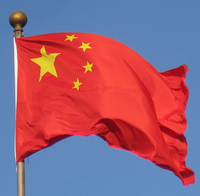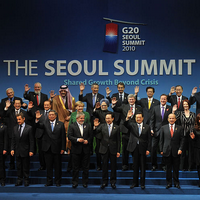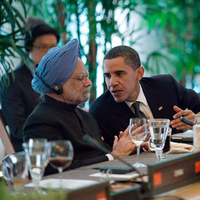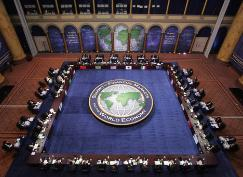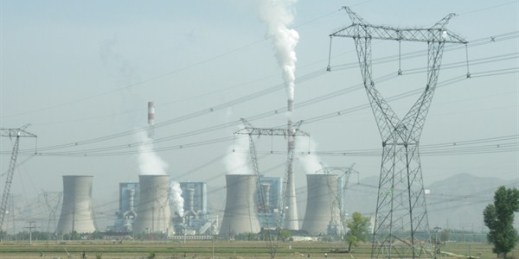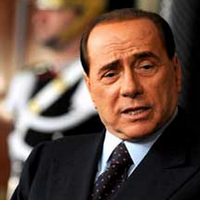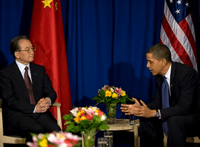
Last week, China and Russia announced they will no longer use the dollar to conduct their bilateral trade, but instead will use their domestic currencies, the yuan and ruble, to do so. Some doomsayers have depicted this move as yet another sign of the dollar’s imminent decline and claim it threatens the greenback’s status as the pre-eminent reserve currency. But a closer examination suggests the deal will have more of a symbolic impact than any tangible economic or geopolitical effects. Since 1992, self-imposed restrictions have been in place requiring that trade between China and Russia be conducted in dollars, a […]



